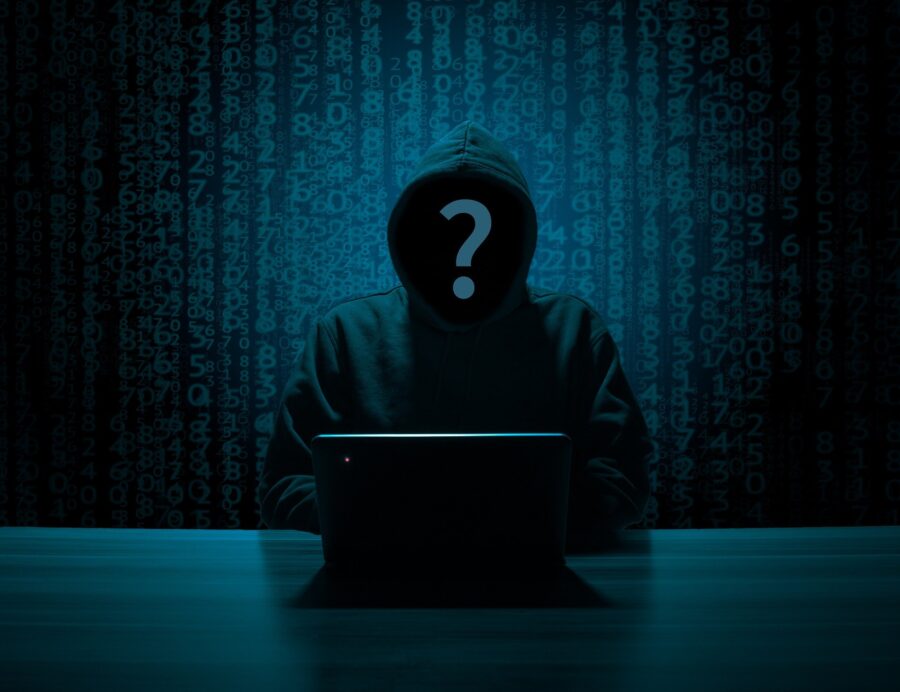Gmail Hacked By North Korea, Here’s How To Avoid Being Attacked
A North Korean-based hacker group known as Kimusky is gaining access to Gmail accounts with a downloadable Chrome extension called AF.

While TikTok may be in hot water this week with the United States government, our attention is now being pulled to a threat from abroad, where Bleeping Computer reports that Google’s Gmail has been hacked by North Korea. The German Federal Office for the Protection of the Constitution and the National Intelligence Service of the Republic of Korea has issued a joint cybersecurity advisory reporting that a North Korean group known as Kimsuky is using Chrome extensions to break their way into emails but following safeguards like knowing not to download unknown extensions can keep you safe.
Known under many aliases including Thallium and Velvet Chollima, Kimusky targets those in power such as diplomats, politicians, and government agencies, as well as journalists and university professors for their cyber-based attacks. Although they originally only went after those in South Korea, the hackers have since broadened their scope. The latest warning suggests that residents of the United States and Europe are also at threat of having their Gmail accounts hacked.
If you’re reading this and hoping to take precautions against any possible cyber security breach, the attacks seem to start the same way with an email telling the user to install a Chrome extension called “AF” which will also load into browsers including Microsoft Edge and Brave. By the time the user realizes the email is a hoax, it’s too late, as their Gmail has already been hacked by Kimusky. From this point, any time the victim accesses their email account, the extension will immediately make moves to seize the private messages.
For Android users thinking you’re safe from the Chrome-based cyber threats, hold your horses because your Gmail can still be hacked. Apparently, the malware can also be downloaded onto Android devices, with the threat of attack high for both. While fighting an unseen and unknown entity aiming to cause harm and learn classified information may be hard, the joint statement says that it’s all about raising awareness as Kimusky continues its global breaches.
As for those Android users, the bug will be presented as “FastViewer,” Fastfire,” or “Fastspy DEX,” and will appear as either a document viewer or a security plugin. From here, Kimsuky will be able to access the user’s Google account, and voila, Gmail has been hacked. This process also uses Google Play to download apps on linked devices so that they too are infected with the malware.

Like something out of Tron or The Matrix, the latest breach of cyber security data carries us into a world beyond science fiction. As for who the folks are behind the copious amounts of Gmail accounts being hacked, Kimusky is thought to have been around for over a decade, digging up classified information from countries all around the world in a global espionage scheme. From nuclear power centers to the United Nations Security Council, there’s no job too big for the group to at least try to break into.
While the United States has its own vigilante hackers, Anonymous, the Guy Fawkes mask-wearing group, who have over the years poured their energy into supporting the Occupy movement and pulling the curtain back on Scientology, they have (as far as we know) never launched anything like Kimusky’s latest plot. Although for many of us, worrying about having our Gmail hacked is out of the question, it’s at least good to know what safety precautions to take to help prevent it.













